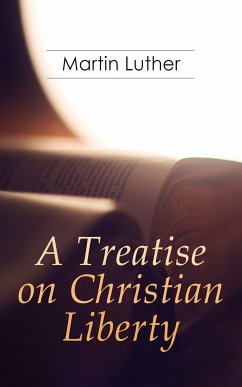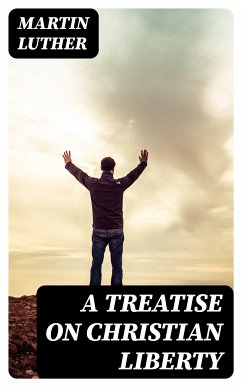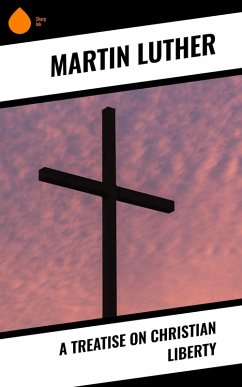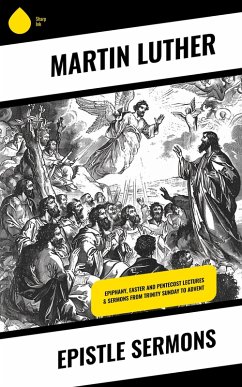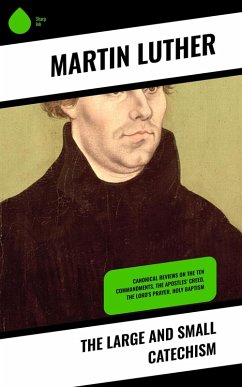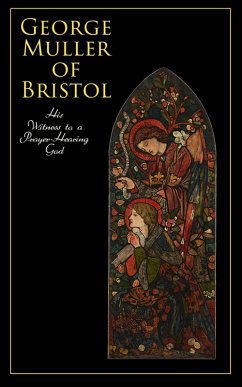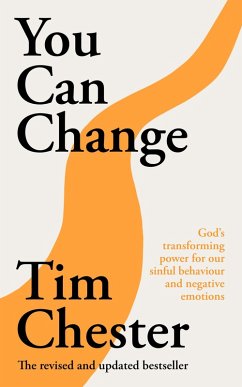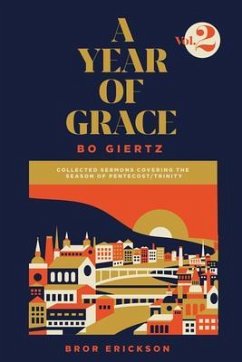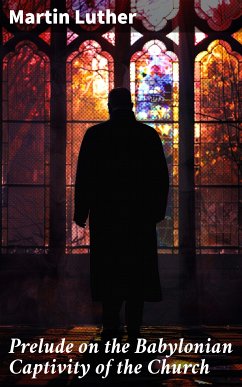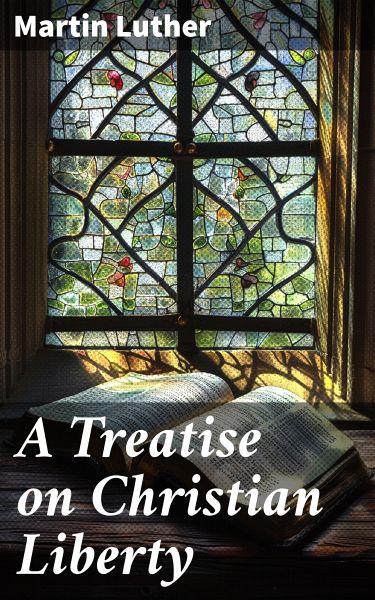
A Treatise on Christian Liberty (eBook, ePUB)
Enriched edition. On the Freedom of a Christian
Kommentar: Hardwick, Spencer / Redaktion: Good Press / Übersetzer: R. S. Grignon
Versandkostenfrei!
Sofort per Download lieferbar
1,99 €
inkl. MwSt.
Weitere Ausgaben:

PAYBACK Punkte
0 °P sammeln!
In "A Treatise on Christian Liberty," Martin Luther explores the profound and transformative concept of freedom through faith. Written in a direct and accessible style, this seminal work juxtaposes spiritual liberty with the constraints of earthly authority, grounded in the theological context of the Reformation. Luther articulates the notion that true freedom is found in a relationship with Christ, emphasizing that while believers are simultaneously bound to God's commandments, they are also liberated from the shackles of sin and mortal law. This intricate interplay of law and grace reveals a...
In "A Treatise on Christian Liberty," Martin Luther explores the profound and transformative concept of freedom through faith. Written in a direct and accessible style, this seminal work juxtaposes spiritual liberty with the constraints of earthly authority, grounded in the theological context of the Reformation. Luther articulates the notion that true freedom is found in a relationship with Christ, emphasizing that while believers are simultaneously bound to God's commandments, they are also liberated from the shackles of sin and mortal law. This intricate interplay of law and grace reveals a nuanced understanding of Christian existence that remains relevant to contemporary theological discourse. Martin Luther, a pivotal figure in the Protestant Reformation, was propelled to write this treatise by his own experiences of seeking spiritual truth and questioning the prevailing ecclesiastical hierarchies of his time. His life marked by a struggle against the indulgences and corrupt practices of the Church, Luther's work is informed by his deep conviction that salvation comes through faith alone. This treatise embodies his revolutionary thoughts, providing insights into the relationship between the believer and divine grace. I highly recommend "A Treatise on Christian Liberty" to readers seeking to delve into the foundations of Christian thought and the principles of spiritual freedom. Luther's arguments not only challenge conventional wisdom of his era but also invite readers to reflect on their own freedom in faith, making it an essential read for anyone interested in theology, history, and the dynamics of religious liberty. In this enriched edition, we have carefully created added value for your reading experience: - A succinct Introduction situates the work's timeless appeal and themes. - The Synopsis outlines the central plot, highlighting key developments without spoiling critical twists. - A detailed Historical Context immerses you in the era's events and influences that shaped the writing. - An Author Biography reveals milestones in the author's life, illuminating the personal insights behind the text. - A thorough Analysis dissects symbols, motifs, and character arcs to unearth underlying meanings. - Reflection questions prompt you to engage personally with the work's messages, connecting them to modern life. - Hand-picked Memorable Quotes shine a spotlight on moments of literary brilliance. - Interactive footnotes clarify unusual references, historical allusions, and archaic phrases for an effortless, more informed read.
Dieser Download kann aus rechtlichen Gründen nur mit Rechnungsadresse in A, B, BG, CY, CZ, D, DK, EW, E, FIN, F, GR, H, IRL, I, LT, L, LR, M, NL, PL, P, R, S, SLO, SK ausgeliefert werden.





